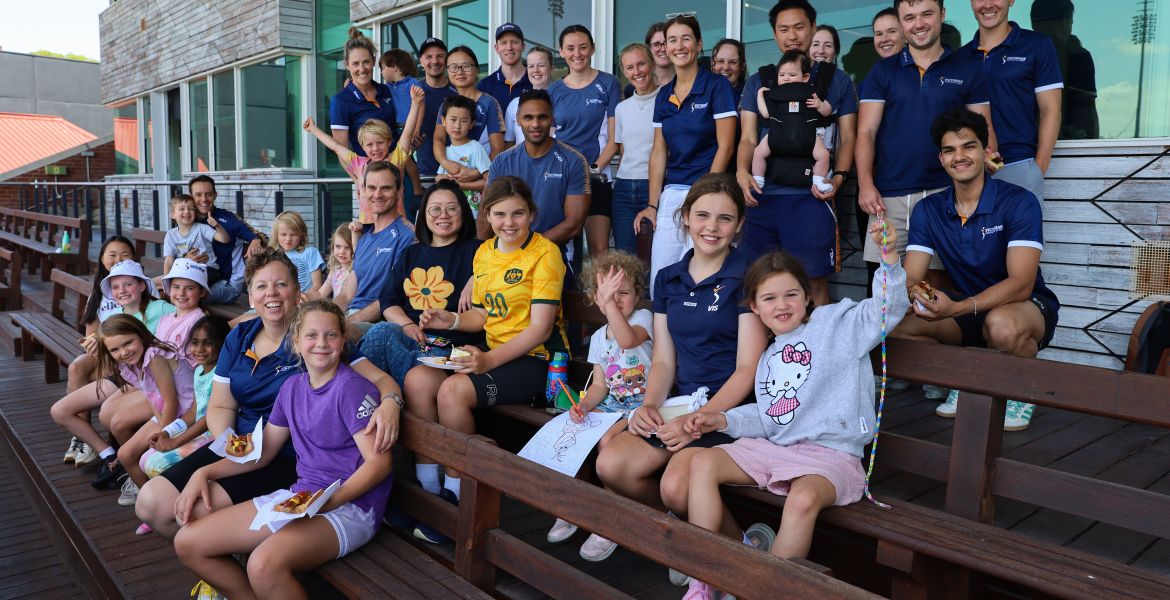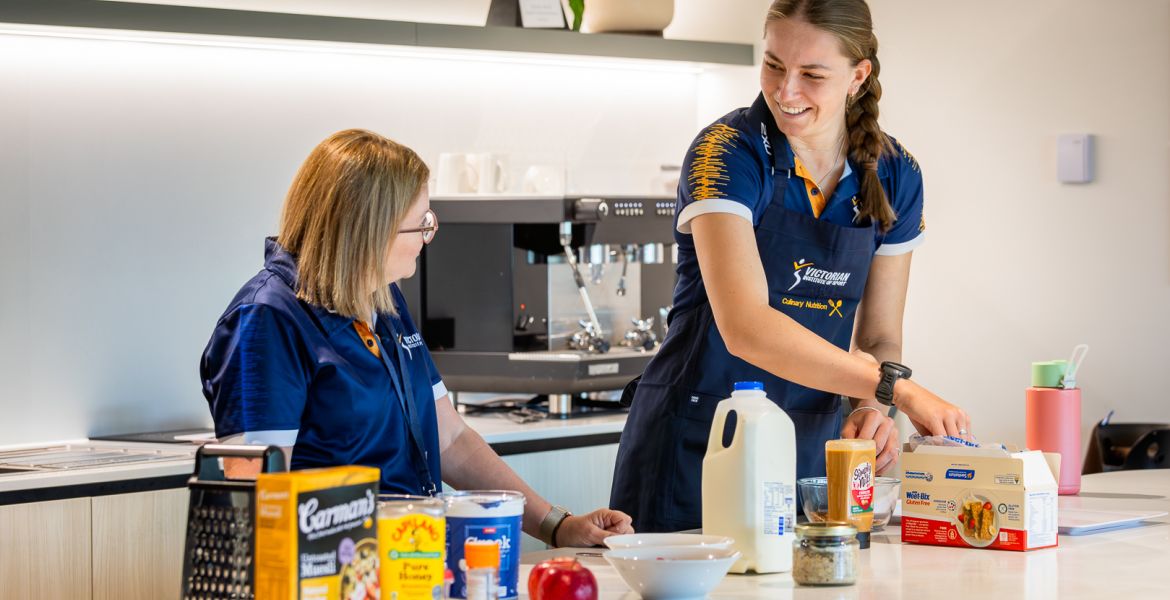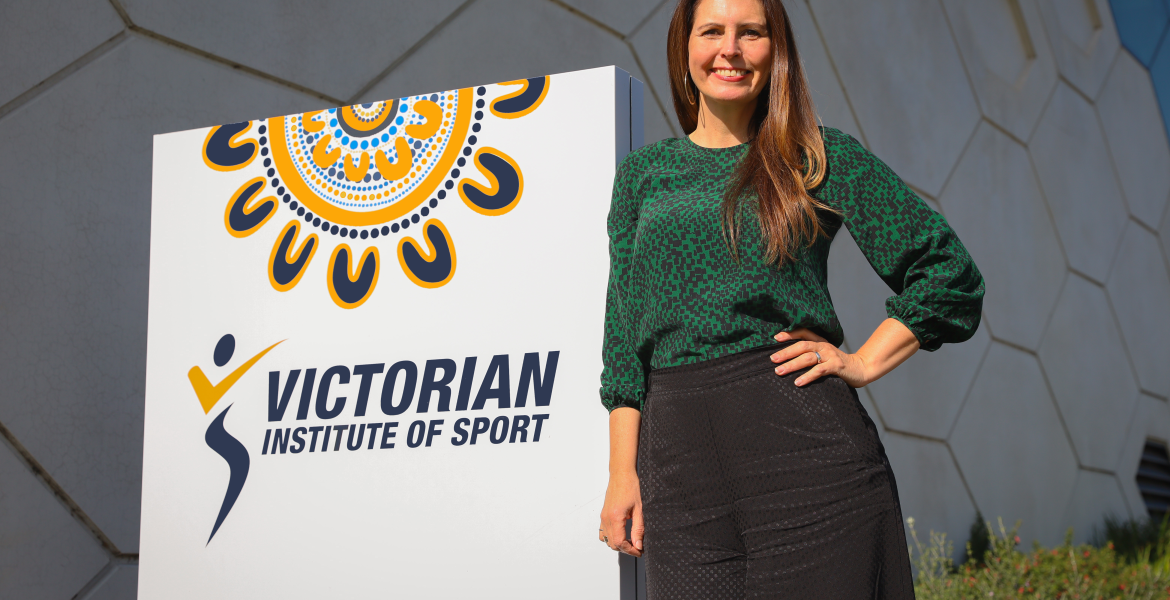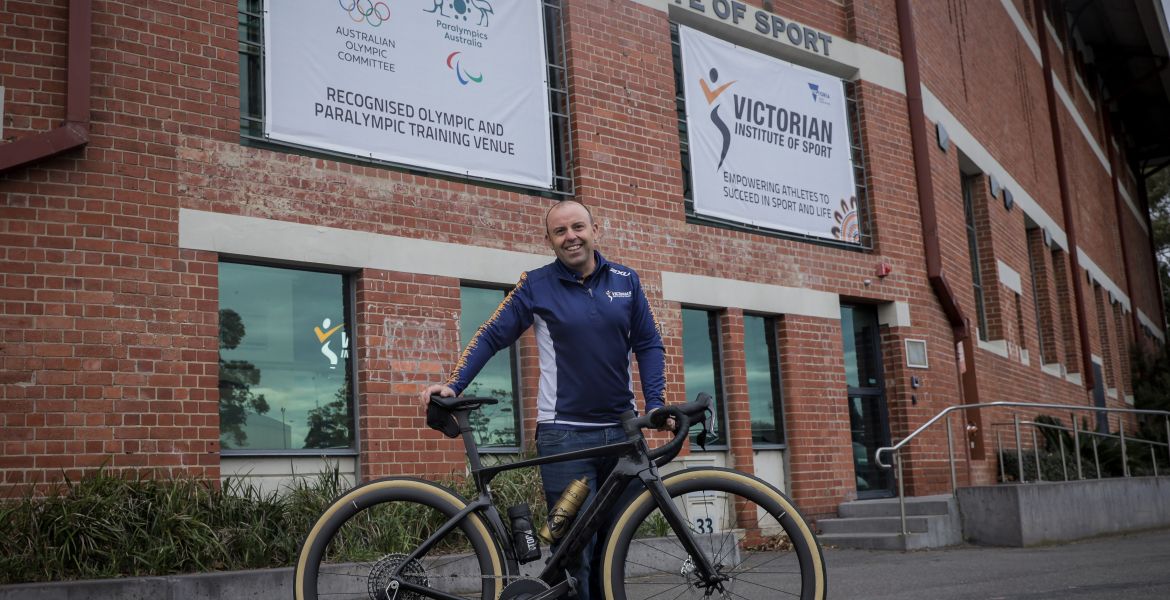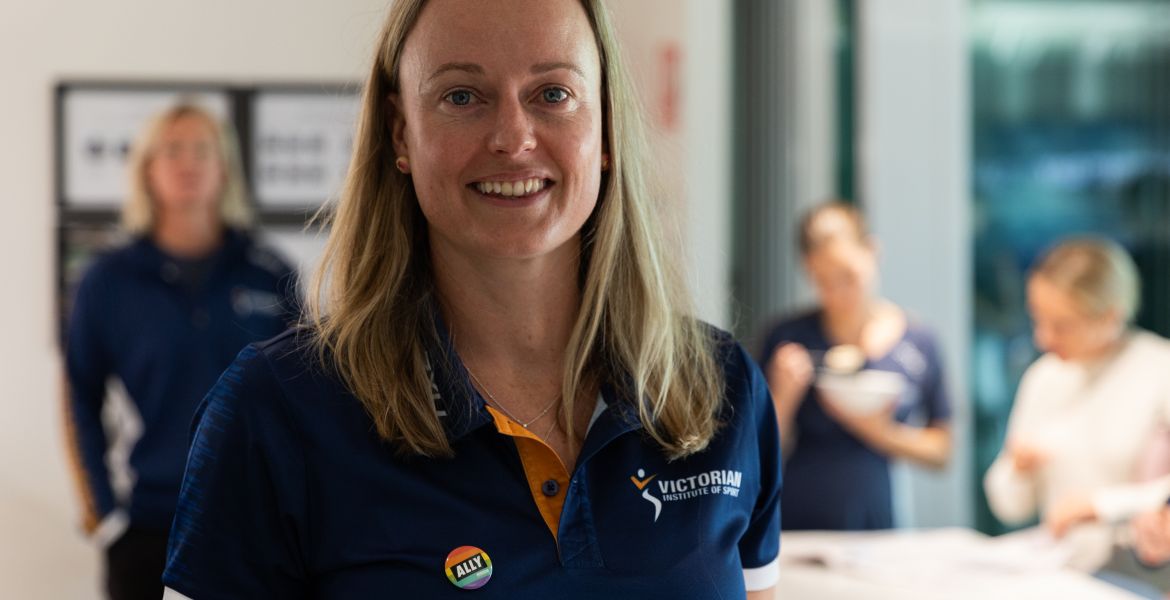Throughout Daniel Kowalski’s swimming career, he showed a remarkable ability to ride out adversity and still produce extraordinary performances.
He was a history maker, a World and Olympic Champion and a World Record holder, but he was also deeply unhappy, plagued by demons and even contemplated taking his own life.
Kowalski’s career was lived in the shadow of fellow Australians Kieren Perkins and Grant Hackett.
It was also, sadly, lived in the closet.
Despite playing the perpetual ‘bridesmaid’, Kowalski is still considered among the greats of Australian swimming.
At the Atlanta 1996 Olympics, became the first swimmer in almost a century to win a medal in the 200, 400 and 1500 metres freestyle events at the same Olympic Games.
The Victorian Institute of Sport alumni added a gold medal as part of the Australian team that won the 4x200m relay at Sydney 2000, however it was his silver behind Perkins in the 1500m in Atlanta that he is perhaps best remembered for.
For Australians, Perkins’ gold medal from lane eight was the stuff of legends, a race that’s etched into Olympics folklore, a race where a hero was born.
But for Kowalski, it was the race that started his spiral into dark days.
For most winning a medal would have been enough, but not for Kowalski - he had long dreamt of taking home gold yet left with memories of heartbreak.
He suffered from depression and bulimia in the period immediately after the 1996 Games.
“It led to such a dark period for a while after I got home from the Games because you shouldn’t be disappointed or feel like you failed because you won three individual medals at the Olympics,” he said.
“I didn’t have anything else going on in my life. I was just a swimmer and that was my one identity.”
Kowalski left Melbourne and moved to the AIS in Canberra which is really when a lot of the demons started to kick in.
He experienced a lot of dark times where he felt it would be easier to not be around.
“I thought long and hard about ‘how do I end my life’. I never confided in anyone about how I was feeling.”
“I was very good at putting on a front and a facade that everything was going great, and I think that’s one of the scary things about mental health is that people can disguise it. I did a very good job of it,” he said.
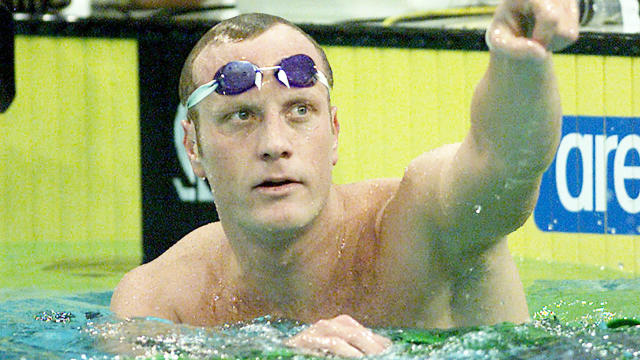
His final years of competition were hampered by persistent injury problems, distraction, and an understandable faltering of self-confidence. He announced his retirement from competitive swimming in 2002.
His battles with depression continued as he endured the life of a closeted gay man still years away from coming out.
For Kowalski, 'coming out' publicly was a bigger challenge than standing on the blocks of the Atlanta 1500m final.
He waited until 2006 before he started his coming out process to family and close friends. Five years later, he felt the need to go public as various media publications threatened to break his news.
He outed himself in an opinion article he wrote for The Age.
“Living the lie and deflecting the innuendo grows tiring. It is emotionally exhausting, and it flat out hurts no matter how hard you try to block it out,” he wrote.
“I finally accepted my sexuality at the end of 2006 following a huge anxiety attack at work. After what were literally years of torment, denial and very, very dark times, I couldn't live a lie to myself anymore.”
“You often read that when people came out they had felt depressed or had suicidal tendencies. I, like them, experienced all of the extremes, but mostly it was the loneliness that was the hardest part of being gay – and still is.”
“The number of times I have sat on the couch or lain in bed bawling my eyes out, scared and fearful of the future, are too many to mention. I know that people, regardless of their sexuality, experience this feeling, but stupidly in my mind I honestly felt that there was nowhere to go.”
“I am not sure if being an elite athlete and the values you are supposed to live by compounded this, but it definitely didn't help the situation,” he wrote.
At the time, he was only the third elite Australian athlete to come out publicly.
His article and the related story by the Age showed a man in torment about his sexuality, and the ways he tried to deny it.
He said that his fear of keeping his secret led to a lack of self-confidence that might have affected performances in the pool.
These days, Kowalski has one of his most important professional roles to date as the Head of Olympian Services for the Australian Olympic Committee, a role that includes helping athletes transition to everyday life after retirement, in partnership with sport and National Institute Network managers.
The position includes takes responsibility for managing the AOC’s Athlete Transition program including mentoring, developing opportunities for internships, education and creating career development opportunities.
He knows all about the unique pressures that elite sport places on its athletes and has an enormous understanding and appreciation of what it takes to be competitive at the highest level.
He also acutely knows about the challenges athletes face after retirement.
"As a proud Olympian, to have the opportunity to work in an environment where I can better the lives of the current athletes as well as those recently retired, is really important to me."
Personally, he is also in a much happier and content place.
He announced his engagement to long-term partner Chris Thistlethwaite in 2022 and gushed about him when posting about their engagement on Instagram.
“Grateful for the opportunity to get married but never ever thought I would…until I met you. Thanks for saying YES! I can’t wait to continue the journey with you…thank you for being you. Love ya man.”
Kowalski’s journey to self-acceptance has been a challenging endeavour and he was recently asked if he could go back to the late 90s and early 2000s, what would he tell himself?
"I would tell myself that people aren't going to love me anymore if I win a gold medal at the Olympics. People are going to love me probably more if I'm true to myself and accept who I am as a gay man," he said.
"They're the things I beat myself up about the most - I failed at the Olympics and it's embarrassing to be a gay man.”
If he could get a number of those years back, he’d be eternally grateful.


